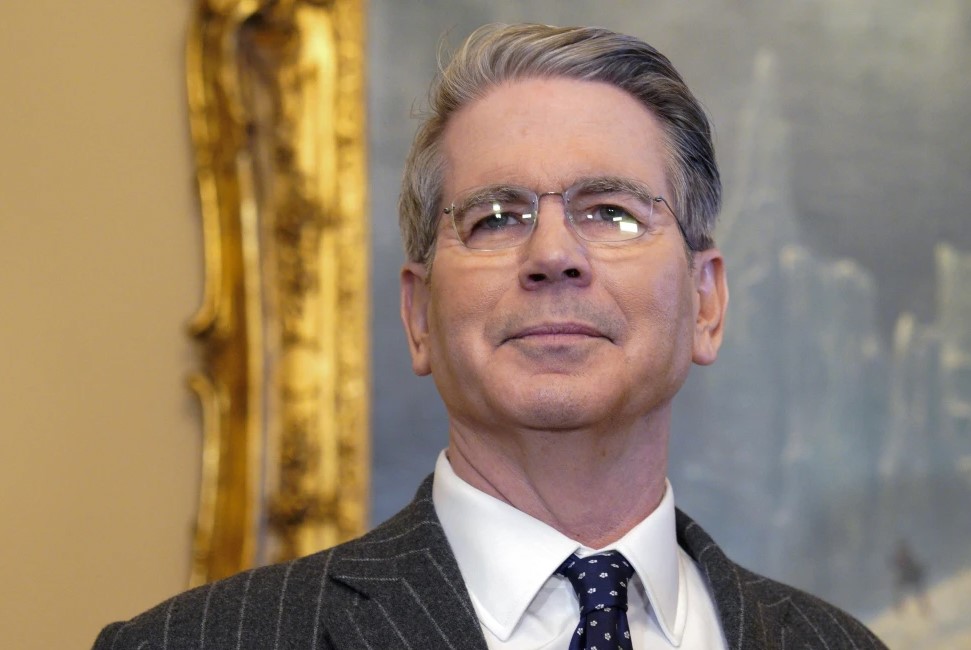Scott Bessent, nominated to be the U.S. Treasury Secretary, is set to tell lawmakers on Thursday during his confirmation hearing that President-elect Donald Trump has the chance to start a “new economic golden age” for the country. In his prepared testimony, Bessent will explain that the U.S. must focus on securing supply chains, using sanctions for national security, and making sure the U.S. dollar remains the world’s main currency.
Bessent, a billionaire from South Carolina, is expected to be questioned by the Senate Finance Committee about issues like taxes, tariffs, and trade during the hearing. Before becoming an adviser and donor to Trump, Bessent had supported Democratic causes, including donating to Al Gore’s presidential campaign in the early 2000s. He also worked with George Soros, a major donor to Democrats.
Trump considered several candidates for the Treasury Secretary position before selecting Bessent. He also looked at billionaire investor John Paulson and Howard Lutnick, who was eventually chosen as the nominee for commerce secretary.
The Treasury Secretary is an important role, advising the president on fiscal policy, managing public debt, and overseeing key agencies like the Internal Revenue Service (IRS). If confirmed, Bessent will also be in charge of large departments within the Treasury, including managing the IRS, which has received extra funding under the Democrats’ Inflation Reduction Act, though this funding may face cuts.
Bessent is expected to help Trump in key areas, including resetting global trade, pushing for tax cuts, controlling inflation, managing national debt, and maintaining market confidence. He plans to say that the government should focus on productive investments that grow the economy rather than wasteful spending that leads to inflation.
During the confirmation hearing, senators will ask Bessent about his views on cryptocurrency, the Trump-era tax cuts, and any potential conflicts of interest. Senator Elizabeth Warren, a Democrat, sent Bessent over 100 questions about issues like housing, financial stability, and the Treasury Department’s workforce.
Bessent supports extending the Tax Cuts and Jobs Act of 2017, which Trump signed into law. This could add up to $6 trillion to $10 trillion to the federal deficit over the next 10 years, according to various estimates. To balance the costs of these tax cuts, Bessent has called for spending cuts and changes in existing taxes.


